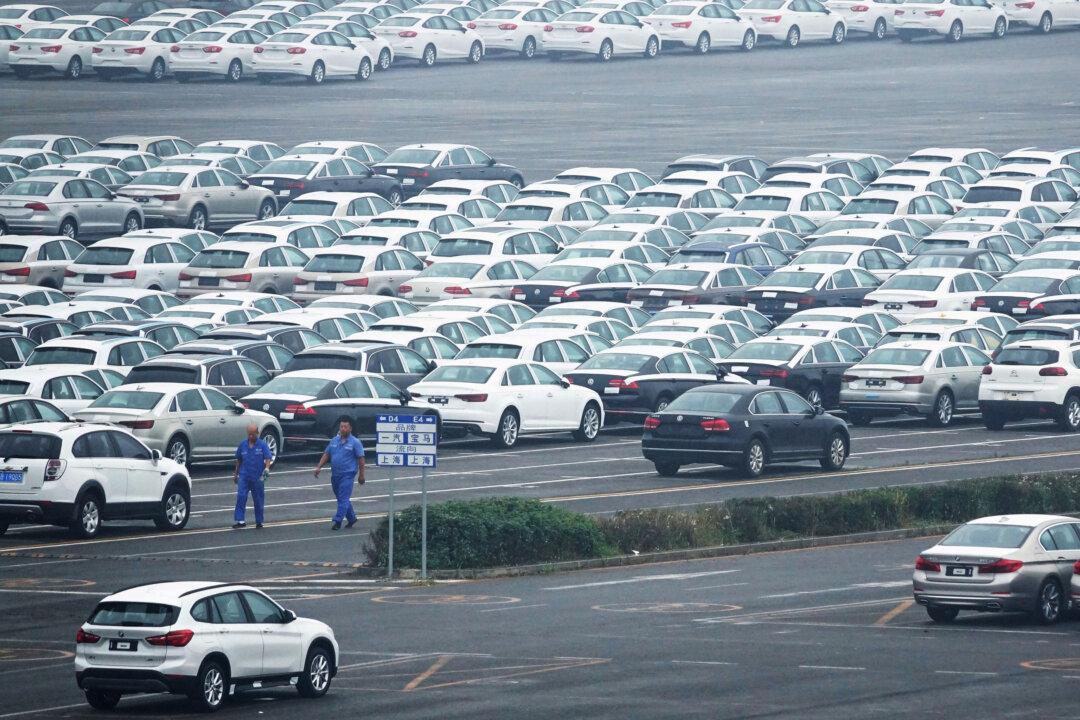BEIJING/SHANGHAI–China reported the worst-ever monthly sales drop in the world’s largest vehicle market on June 12, exacerbating concerns over the country’s economic slowdown and growing impact of an ongoing trade war with the United States.
Sales tumbled 16.4 percent in May from the same month a year prior, the China Association of Automobile Manufacturers (CAAM) said. That marked the 11th consecutive month of decline and followed falls of 14.6 percent in April and 5.2 percent in March.





